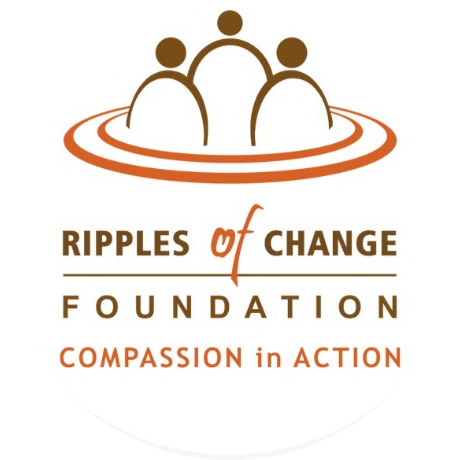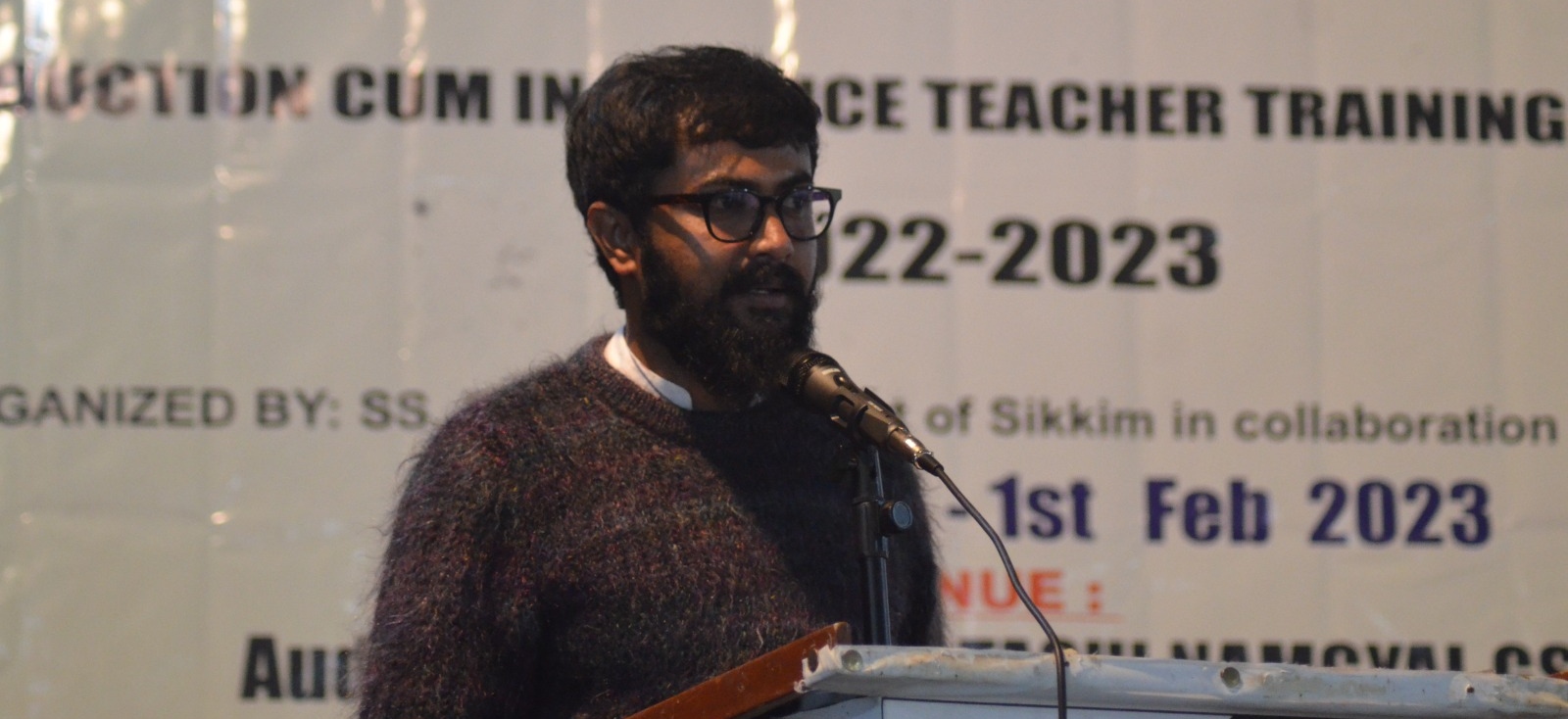From January 28th to February 1st, 2023, an extensive five-day Teacher Training Programme focusing on the development of vocational teaching skills for vocational faculties took place. Organized by SIBIN Group in collaboration with Samagra Shiksha, Education Department, Government of Sikkim, Gangtok, this program aimed to enhance the capabilities of teachers involved in the Vocational Education Programme, aligning with the National Skill Qualification Framework (NSQF).
The event witnessed active participation from 378 Vocational Trainers across five different trades at the Sir Tashi Namgyal Senior Secondary School in Gangtok, representing IT, Tourism, Retail, Food Production, and MSFC.
The inaugural day of the program was officially opened by Mr. Milan Subba, the State Project Director of Samagra Shiksha, Education Department, Govt. of Sikkim. The second day was graced by Mr. R. Telang Sir, ACS, Education Department, Govt. of Sikkim, with the presence of officials from the Samagra Shiksha Education Department.
Distinguished guests and officials present during the event included:
- Ravindra Telang: Additional Chief Secretary, Education Department, Government of Sikkim.
- Milan Subba: State Project Director, Samagra Shiksha, Education Department, Sikkim Govt.
- Kabita Moktan: Joint Director, Vocational Education, Sikkim Education Department.
- Dig Vijay Basnett: Program Officer- Samagra Shiksha, Education Department, Sikkim Govt.
Resource persons involved in the training:
- Ms. M.L. Nirmala: Heartfulness Education Trust
- Ms. Sangeetha Peddagopu: Heartfulness Education Trust
- Mr. Gokul Halan: Ripples of Change Foundation (ROCF)
- Mrs. Stuti Raj Mishra: Ripples of Change Foundation (ROCF)
- Dr. Nim Tshering Lepcha: Assistant Professor, State Council of Education, Research & Training (SCERT)
- Dr. Vinay Swarup Mehrotra: Pandit Sunderlal Sharma Central Institute of Vocational Education (PSSCIVE)
During the training workshop, Mr. Gokul Halan from the Ripples of Change Foundation (ROCF) provided valuable insights on two crucial topics: “Compassion in Action” and “Mental Health Awareness.” His presentations delved into the practical applications of these themes within the realm of education and the classroom.
1. Compassion in Action:
- Definition: Mr. Halan began by defining compassion and its significance in the educational context. He explained the essence of compassion and how it goes beyond mere sympathy, empathy, altruism, encompassing a holistic understanding and care for others.
- Differences bet1. en Sympathy, Empathy, Altruism, and Compassion: The session highlighted the distinctions between these related concepts, ensuring a clear understanding of each and their specific applications in the educational setting.
- Components and Qualities of Compassion: Mr. Halan elaborated on the key components and qualities that constitute compassion. This included empathy, kindness, and a genuine concern for the well-being of others.
- Positive Impacts of Compassion: The presentation explored the positive effects of practicing compassion, both for educators and students. It discussed how fostering a compassionate environment can contribute to a more supportive and inclusive educational community.
- Practicing Compassion: Practical strategies and examples were shared to help educators integrate compassion into their teaching practices. Mr. Halan emphasized actionable steps that teachers could take to embody and promote compassion in their classrooms.
- Compassion in Education and Classroom: The session extended to the specific application of compassion within the education sector. Mr. Halan discussed ways to infuse compassion into teaching methodologies and classroom management.
- Compassion Activities for Teachers and Students: Various activities were suggested to engage both teachers and students in practicing compassion. These activities aimed to create a positive and empathetic learning environment.
- Compassion Pledge: The session concluded with a call to action, encouraging participants to take a compassion pledge. This commitment reinforced the importance of incorporating compassion into their professional and educational practices.
2. Mental Health Awareness:
- Understanding Mental Health and Illness: Mr. Halan addressed the basics of mental health, providing insights into common mental health issues and the importance of understanding and destigmatizing them.
- Role of Teachers in Students’ Psychological Growth: The presentation highlighted the crucial role teachers play in supporting students’ psychological well-being. It emphasized the need for educators to be attuned to the mental health needs of their students.
- Management of Mental Health Issues: Practical strategies for managing mental health issues in the educational setting were discussed. This included recognizing signs of distress, providing support, and collaborating with mental health professionals.
- Psycho Social First Aid: Mr. Halan provided guidance on offering psycho-social first aid, empowering educators to provide immediate assistance to students experiencing mental health challenges.
- Role of Parents and Family: The session underscored the collaborative role of parents and family in supporting students’ mental health. It emphasized the importance of creating a supportive network involving both educational institutions and families.
Overall, Mr. Gokul Halan’s presentations aimed to equip educators with practical tools and knowledge to foster compassion and mental health awareness within the educational environment, contributing to a more nurturing and inclusive learning atmosphere.
Throughout the training, key contributors included SCERT, Heartfulness Education Trust, Ripples of Change Foundation, as well as professionals from various universities and industries within the state. These resource persons played a vital role in presenting on the goals of vocational education and effective teaching methodologies. The training emphasized skill-based activities to be integrated into school curricula, addressing the increasing popularity of vocational courses among students.
In-service Teacher Training was highlighted as a crucial component in preparing Vocational Trainers for greater responsibilities in guiding students towards meaningful careers. The training not only sparked interest among the trainers but also aimed to make the teaching and learning process enjoyable and essential.


